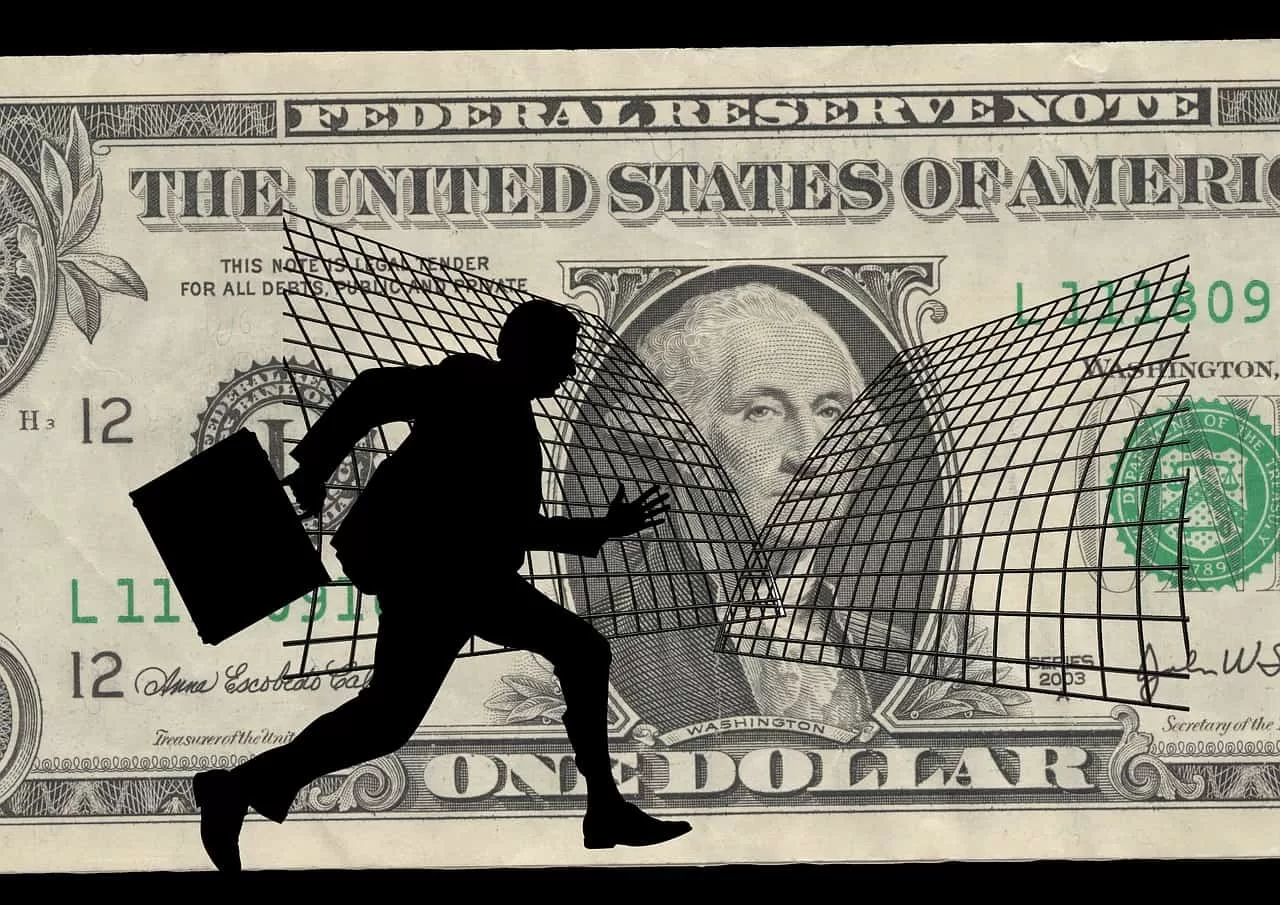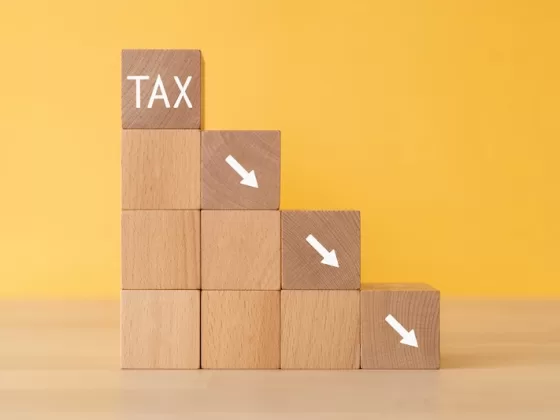Before you set up an installment agreement or file an Offer in Compromise, make your cash disappear. The IRS will seize whatever it can, and many of your expenses will not be permitted once the Service catches up with you. Plan ahead, be proactive and make your cash disappear before dealing with the IRS.
Before I continue on with how to make your cash disappear, I want to stress that you should never lie to the IRS. None of the techniques I will discuss here require you to perjure yourself. If asked if you paid a certain bill, you must be honest. Also, your IRS Forms 433-A and 433-B must be accurate.
If you plan ahead for an installment agreement or an Offer in Compromise, you have the right to pay legitimate bills before you contact the IRS. The purpose of making your cash disappear is to reduce the amount of your monthly payment and keep the IRS from demanding a down payment before authorizing an installment agreement.
Here are a few ways to make your cash disappear legally and without making the great collector angry:
You are allowed a few thousand dollars of personal assets, like clothing, furniture, television, etc. If you are under the allowed levels, go out and make a few purchases. This is usually a minor issue.
If you are self-employed, you are allowed to purchase any necessary tools of the trade. Before you contact the IRS, buy any computers or other equipment you expect to need in the next few years. Once you are in an installment agreement, it will be difficult to buy any gear.
The best advice I can give you on how to make cash disappear before dealing with the IRS is to pay off all credit cards ASAP. Credit cards are unsecured debts and the IRS will not allow you to pay them while you are in an installment agreement.
That’s right, the IRS will demand you default on your credit cards and make those payments to the Service. The IRS calls itself a secured creditor and considers the unsecured creditor (credit card company) inferior. Of course, defaulting on all of your credit card debt will destroy your credit score and make your life after the IRS hell, but the “Service” doesn’t care about these issues… they just want their cash.
Credit cards are the most common issue in IRS negotiations and the most important reason to be proactive. Once the collector is upon you, there is little you can do to protect your credit cards or your credit score.
Another way to make cash disappear before dealing with the IRS is to pay any legitimate “friendly” creditors. If you have borrowed money from family and friends, pay them back after your credit cards and before contacting the IRS.
However, all payments must be for bona fide debts. If you can prove your father lent you $100,000 over the last few years, go ahead and pay him off. Don’t invent bogus debts that can’t be proven with deposits and cancelled checks… that’s asking for a world of trouble.
Another way to make your cash disappear is to buy a car. If you have an old beater that is expensive to maintain, and you can get a new(er) car with $5,000 or $10,000 down, go ahead and do to. Though, you need to consult the IRS website for the national and local allowed standards. You should only buy a car with a monthly payment amount up to the allowed amount.
Still have cash left? You might be able to keep cash away from the IRS by making a gift to a child or close family member. The gift should be for a specific purpose and done before the IRS collection agent contacts you. Before making a gift to a dependant, you should contact a tax attorney to ensure the transfer will not be considered a fraudulent conveyance or otherwise cause you trouble. While there are many ways to make your cash disappear, timing and your particular situation may limit your choices here.
You can also make your cash disappear from the automated collection system. The techniques below will keep the collector at bay for a while, but won’t help with an IRS installment agreement or an Offer in Compromise.
If you are self-employed or are thinking about starting a new business, you can hold cash in an LLC or corporation. An IRS levy can’t usually get to the money in a company.
However, if you pay personal bills from your company, and an agent is assigned to your case (rather than the automated collection group), your company can be breached. So long as you pay only business expenses from your business, there is nothing collections can do to get to it. Of course, you can pay yourself a W-2 salary and make transfers to ensure you keep a minimum balance in your personal account. Any money in the personal account is at risk from the levy.
Another way to keep the IRS out of your accounts for a time is to move your personal accounts from bank to bank. It usually takes the IRS a few months to find a new personal account, so I always recommend changing banks while we plan and organize your OIC or installment agreement.
I also recommend changing personal banks after you submit a 433-A or 433-B IRS financial statement. Once the IRS has your information, they won’t hesitate to use it if you don’t pay up as they feel you should. The same applies to start a new business. If you can wait until we submit your financial statement, that will keep them out of your affairs for a time.
I would not put this in the category of how to make your cash disappear, but it does qualify as the ultimate protection tip:
The IRS can’t get to cash you have in an offshore corporation. So long as the offshore bank you use does not have a branch in the United States, there is no way for the collector to take your money.
So, if you have an offshore structure and account in place before the tax debt arises, you can leave it there. If you have an existing business offshore, then you can fund that business as necessary.
However, if the IRS can prove you sent money out of the country for the primary purpose of keeping it out of their grasp, you can get into trouble.
Also, as I said in the opening to this article, never lie to the IRS. If you have money outside of the country, it must be disclosed on your IRS financial statements. This includes money in an offshore company, LLC or asset protection trust.
I hesitated before on including offshore options in this article because they are a hot button issue with the IRS and can turn your money problem into a criminal problem, which is something you never want to happen. Be very careful when moving money offshore.
What’s Next?
Let’s face it, taxes for expats and the offshore markets is specialized information that your mom and pop accountant down the street is not going to understand. Speak with our CPA if you are serious about reducing your tax obligations and staying compliant – Click Here To Find Out More
The Ultimate Guide To Going Offshore Great article to read!
If you’re considering traveling or moving abroad, be sure to explore your healthcare options. Visit International Citizens Insurance to learn more and get a free quote.










